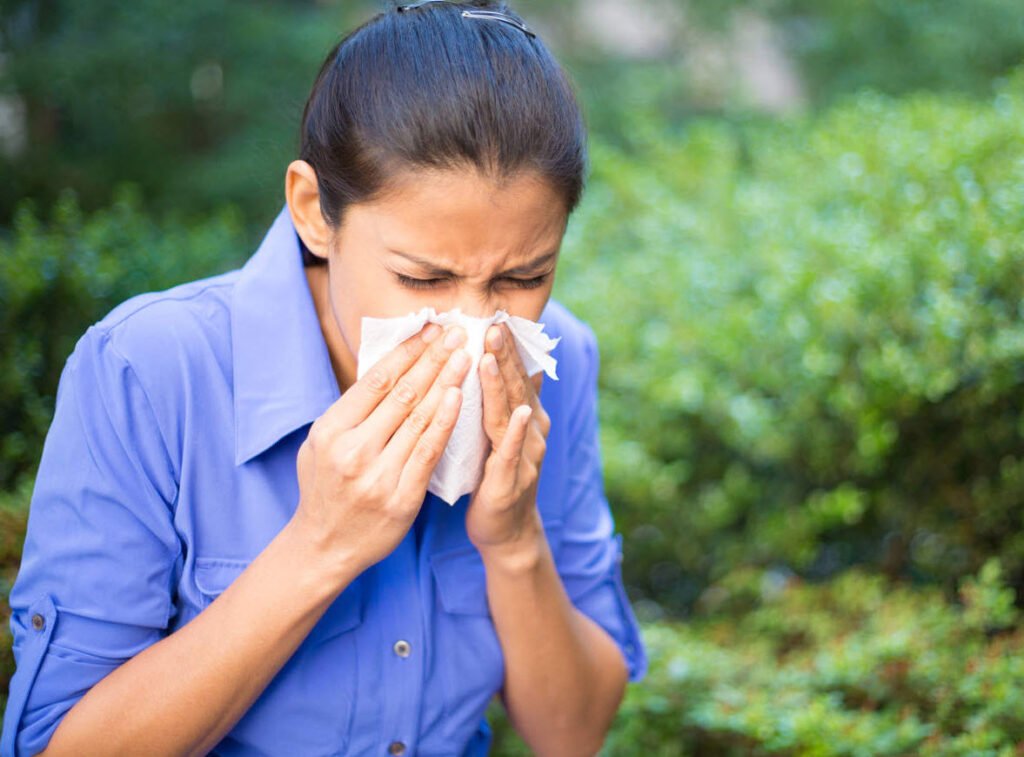
Sneezing is a universal and often involuntary bodily function, one that can happen suddenly and without warning. While it may sometimes be viewed as an inconvenience, sneezing serves a crucial purpose in our body’s defense mechanisms.
In this article, we explore into the science behind why we sneeze and the incredible forces at play.
The Trigger: Nasal Irritants
Sneezing is a protective reflex, a rapid and forceful exhalation of air through the nose, usually triggered by the presence of irritants. These irritants can vary widely and may include dust, allergens, pathogens, pungent odors, or foreign particles that make their way into the nasal passages.
The nasal mucosa, the sensitive lining of the nasal passages, acts as a gatekeeper for the respiratory system. When it detects the presence of an irritant, it sends signals to the brain, prompting a sneeze. The brain then orchestrates a coordinated response to expel the intruder.
The Explosive Force of a Sneeze
What makes sneezing particularly remarkable is the sheer force with which the air is expelled from the body. When we sneeze, the air exits the nasal passages at an astonishing speed of approximately 1000 kilometers per hour. This is equivalent to the speed of sound, creating a mini sonic boom as the air rushes out.
This explosive force is generated by the body’s natural mechanisms. First, the chest muscles contract to compress the lungs, pushing air out at high velocity. Simultaneously, the throat muscles constrict and close off the oral cavity, directing the air solely through the nasal passages. The sudden release of air is what produces the characteristic “ah-choo” sound of a sneeze.
Clearing Irritants and Mucus Expulsion
The primary purpose of sneezing is to swiftly remove irritants or foreign substances from the nasal passages. When these irritants enter the nose, they can lead to discomfort, itching, or a tickling sensation. Sneezing is the body’s response to expel these intruders and prevent them from traveling deeper into the respiratory system.
Additionally, sneezing plays a role in clearing excess mucus from the nasal passages. When the body detects an irritant, it produces more mucus to trap and eliminate it. The force of a sneeze not only propels the irritant out but also helps clear this excess mucus from the airways.
In conclusion, sneezing is a fascinating and essential reflex that serves to protect our respiratory system from irritants and foreign substances. The explosive force generated during a sneeze is a testament to the body’s remarkable ability to swiftly and effectively rid itself of potential threats. So, the next time you sneeze, remember that it’s your body’s way of safeguarding your respiratory health.








